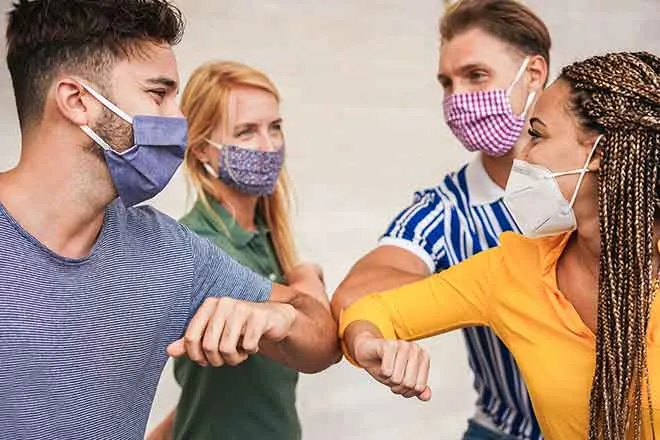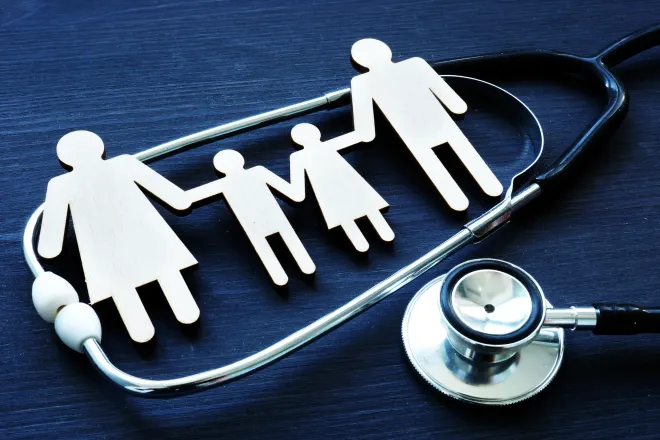
Daily Audio Newscast Afternoon Update - November 21, 2024
News from around the nation.
Matt Gaetz withdraws bid to be attorney general in Trump administration; Bomb cyclone' turns deadly in Washington state; Coalition defeats repeal of WA Climate Act to save environment, jobs; ME businesses boost apprenticeships to counter workforce shortage; Advocates: NYC must help homeless student population.
Transcript
This is a Public News Service Daily Newscast update.
I'm Mike Clifford.
Former Congressman Matt Gaetz announced in a social media post today he is withdrawing his bid to be attorney general for Donald Trump's incoming administration, saying his confirmation was unfairly becoming a distraction.
That for the Washington Post.
They report former Fox News host Pete Hegseth, Trump's pick for defense secretary, is meeting with senators after police records revealed new details about a sexual assault allegation against him.
Meantime, a wind whipping storm bringing heavy rains and snow to Northern California.
The New York Times reports a deluge which killed at least two people in the Pacific Northwest was expected to stretch into the weekend.
On election day, a broad coalition of conservationists, labor and others helped defeat a ballot initiative to repeal Washington State's Climate Commitment Act.
The act passed in 2021 is the state's primary vehicle for reducing emissions and pollution and a major source of funding for clean energy, infrastructure and climate initiatives.
Billy Wallace with the Washington and Northern Idaho District Council of Laborers says passage would have meant the loss of as many as 45,000 clean energy jobs.
We started building a coalition and it ended up being a little over 600 groups from labor, from environmental, the Catholic Church was on it.
We had the 29 tribes sign on.
I'm Mark Richardson.
Next to Maine where state officials say they're working to expand the number of registered apprenticeship programs to help counter a persistent worker shortage.
The state hopes to add 75,000 workers to the economy over the next five years by growing career pathways in clean energy, healthcare and construction.
Joan Dolan with the Maine Department of Labor says the number of available programs have doubled over the past few years and all of them are currently full.
There is huge interest and huge need.
You know, we've been working hard for years to expand our programming and it's really started to take hold and take off.
Dolan says 90 percent of apprentices who complete their programs are still working for their employer a year after graduation.
Studies show they'll earn at least $300,000 more over their lifetimes compared to their peers.
I'm Catherine Carley.
Dolan says anyone can become an apprentice as long as they're at least 16 years old and are committed to furthering their education both in the classroom and on the job.
And a new annual report shows New York City has more than 146,000 homeless students.
The Advocates for Children of New York report finds this is an increase from last year when more than 119,000 students were homeless.
Jennifer Pringle with Advocates for Children of New York says the city can help these students by addressing transportation delays.
Roughly 40 percent of students in shelter are placed in a different borough from where they go to school, which means that students in temporary housing often face long commutes and are disproportionately impacted by busing delays.
The report also finds more than half of students were temporarily sharing housing with others.
This is public news service.
President-elect Trump and Republicans in Congress have promised to pass a new tax bill.
A new report breaks down the expected winners and losers.
Joe Hughes with the Nonpartisan Institute on Taxation and Economic Policy says based on Trump's campaign proposals, the top 1 percent of those making more than $900,000 a year will see their tax bill go down by more than $36,000 on average.
The top 5 percent of households make more than $360,000 a year.
They will likely see their taxes go down.
For the other 95 percent of Americans, they will likely see their taxes go up.
Hughes says Americans earning between $55,000 and $94,000 a year would have to pay out over $1,500 more in income taxes.
The combined increases would further shift the tax burden to pay for bridges, schools, healthcare, and highways from corporations and higher income individuals to low and middle income families.
Trump has claimed without evidence that increasing tariffs on foreign goods would cover revenues lost due to tax cuts.
I'm Eric Gillatas.
And the Indiana Chamber of Commerce outlined six key priorities for lawmakers ahead of the legislative session that comes up in January.
Rather than releasing detailed policy positions, the chamber emphasized broad focus areas, including workforce, education, economic growth, infrastructure, quality of place, and community health.
Democratic House Minority Leader Phil Giaquinta of Fort Wayne responded to the chamber's priorities, highlighting the need to address childcare as a factor in economic development.
When we talk about economic development, what things that impact economic development here in the state, childcare is really one of those.
The organization stressed the critical role of affordable childcare in workforce development.
I'm Joe Ulori, Public News Service.
Find our trust indicators at publicnewsservice.org.
Finally, it's National Rural Health Day.
Experts are flagging research that shows increasing health disparities between urban and rural places, including in states like South Dakota.
A new advisory from the American Heart Association shows between 2010 and 2022, cardiovascular death rates increased a whopping 21 percent among young adults in rural areas, especially after the onset of COVID-19.
But in urban areas, that rate increased only 3 percent.
Karen Joint-Maddox chairs the association's presidential advisory and says the change is due to a mixed bag of increased risk factors in rural areas.
And if you put that on top of a real problem with healthcare infrastructure and access in rural areas, you sort of have a perfect storm for worsening cardiovascular health.
Joint-Maddox says traditional risk factors include high blood pressure, diabetes, and obesity, which have been increasing in rural areas over the last few decades.
I'm Kathleen Shannon.
This is Mike Clifford for Public News Service.
We are a member and listener supported.
Hear us on interesting radio stations, your favorite podcast platform.
Find our content and our trust indicators at publicnewsservice.org.
















